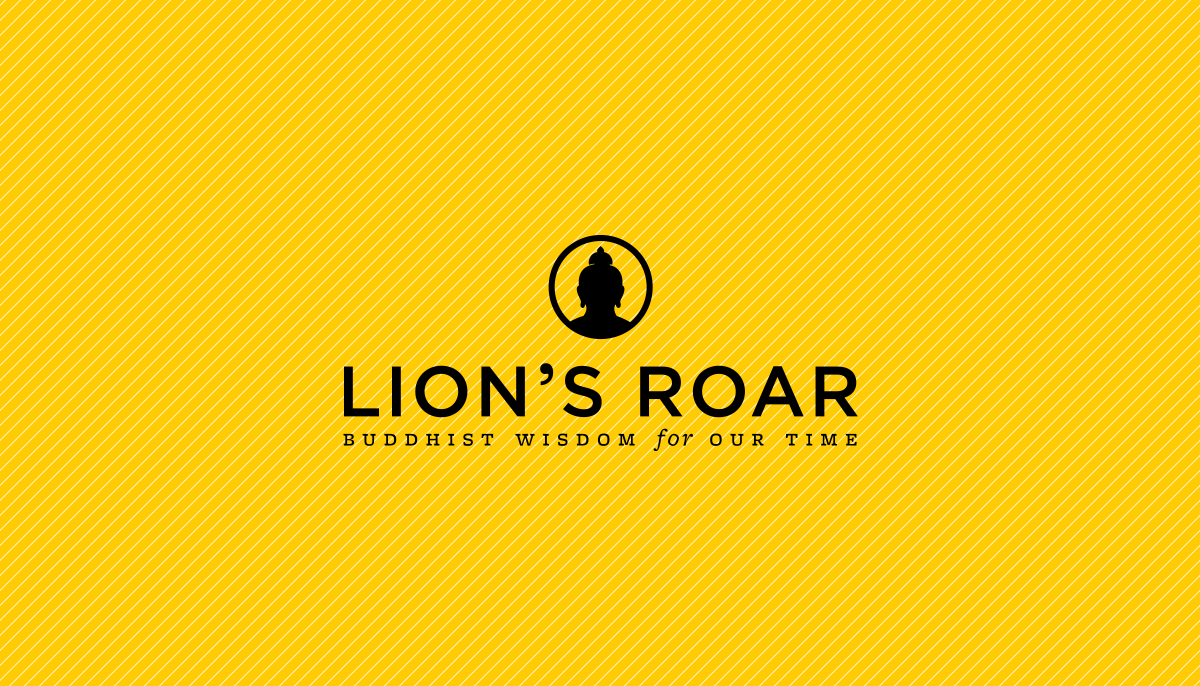Gardening at the Dragon’s Gate: At Work in the Wild and Cultivated World
By Wendy Johnson
Bantam Trade, 2008; 464 pp.; $25 (paper)
Ten years in the writing, Wendy Johnson’s Gardening at the Dragon’s Gate defies categorization. It’s a satisfying memoir, a gardening how-to, an extended essay on the natural world, and an inspired meditation on the examined life—the fruit of a thirty-year commitment to meditation and to San Francisco Zen Center’s Green Gulch Farm garden. Johnson’s principal metaphors are the dragon of the book’s title, representing wisdom and transformation, and the “tangle” of the garden, representing the persistent, wild chaos of our lives. The dragon must be “fiercely respected,” the chaotic tangle embraced. Johnson is as comfortable offering practical advice on composting as she is describing metaphysical truths. That makes her a consummate guide to both the natural world and the inner journey.
A Chant to Soothe Wild Elephants: A Memoir
By Jaed Coffin
Da Capo Press, 2008; 256 pp.; $16 (paper)
This coming-of-age story from first-time author Jaed Coffin is a chronicle of quiet restlessness and cultural angst. The young half-Thai American left his college studies to spend the rainy season as a monk in his mother’s home village in Thailand, thus fulfilling an implicit obligation to his mother’s family and answering his own need to seek a meaningful identity. Coffin arrives at a number of uncomfortable conclusions. He begins to realize that he can’t be at home in either the exotic monk’s life or the familiar towns of America. Everywhere, he will always be look-krung, 50/50—neither Thai or American, destined to keep writing “straight from [his] not-sure heart.” Coffin’s hard-won self-awareness never comes across as self-important, and he describes his inner life with a spare, precise honesty that is refreshing. Like the best memoirs, A Chant to Soothe Wild Elephants uncovers more questions than it answers.
The Bible: A Biography (Books that Shook the World)
By Karen Armstrong
Atlantic Monthly Press, 2007, 192 pp.; $21.95 (cloth)
With books like The Battle for God and The Great Transformation, religious scholar Karen Armstrong managed to satisfy both a popular audience and her academic peers. And because she’s seldom shy of wading into the big topics, Armstrong was probably the right one to take on the task of writing a “biography” of the Bible in this series on the origins of the world’s “influential and forbidding books.” (Others in the series include Plato’s Republic, Darwin’s The Origin of Species, and the Qur’an). Readers with previous knowledge of biblical exegesis will have a leg up; others may find this authoritative history hard slogging. Armstrong is at her best when explaining how today’s focus on the Bible as a literal, static text runs counter to a longstanding interpretive tradition that viewed study of the good book as “an activity for attaining transcendence.”
Awakening Through Love: Unveiling Your Deepest Goodness
By John Makransky
Wisdom Publications, 2007; 240 pp. $16.95 (paper)
The title here says it all. This very readable book by scholar–practitioner John Makransky teaches us how to uncover and practice a boundless love and compassion that leads to “awakening,” or enlightenment. The meditations originate from the Nyingma/Dzogchen tradition of Tibetan Buddhism, in which Makransky has studied and practiced for twenty-five years. All the same, Makransky’s heartfelt enthusiasm and the concrete methods he offers cross boundaries of spiritual affiliation. From a practical standpoint, Makransky says, any practice that undercuts self-cherishing will bring us closer to the “pure perception” described in Dzogchen literature. In this sense, meditations on love and compassion are particularly potent and Makransky promises that they will “generate tremendous karmic power for progress in spiritual awakening.”
A Truthful Heart: Buddhist Practices for Connecting with Others
By Jeffrey Hopkins
Snow Lion Publications, 2008; 190 pp.$14.95 (paper)
A Truthful Heart addresses the same broad topic as Awakening Through Love and covers some of the same ground in terms of theory and method. It’s also written by a Tibetan Buddhist scholar–practitioner. But the two books are distinct, and you’d be well served to read both if the subject interests you. Jeffrey Hopkins, a professor emeritus of Tibetan and Buddhist studies at the University of Virginia and a longtime interpreter for and collaborator with the Dalai Lama, takes a traditional, step-wise approach to the complete doctrine of Buddhism, from practicing equanimity to realizing emptiness. These practices are central to Hopkins’ life and he gives an unprecedented, vivid account of his own incremental transformation. The lens of personal experience makes A Truthful Heart an accessible and practical text.
Mapping the Dhamma: A Concise Guide to the Middle Way of the Buddha
By Paul Gerhards
Parami Press, 2007; 120 pp. $15.95 (paper)
The earliest Buddhist scriptures, which were originally passed down orally, included aural cues (such as repetitive phrases and repeating numbers) to help practitioners remember and recite them. Today, our skills in using mnemonic devices is often undeveloped and it can be hard to keep straight the many lists of truths and factors and their various constituents in the Buddhist canon (the four noble truths, the five hindrances, the ten perfections, the twelve links of dependent origination, and so on and so on). Visual learners will especially welcome this useful little book by Paul Gerhards, who has organized the Buddha’s basic teachings “by the numbers” and provided a map of how they interrelate. He also provides a brief explanation of each list and each member of each list. If the map were the territory, this guide would be all you would need.
